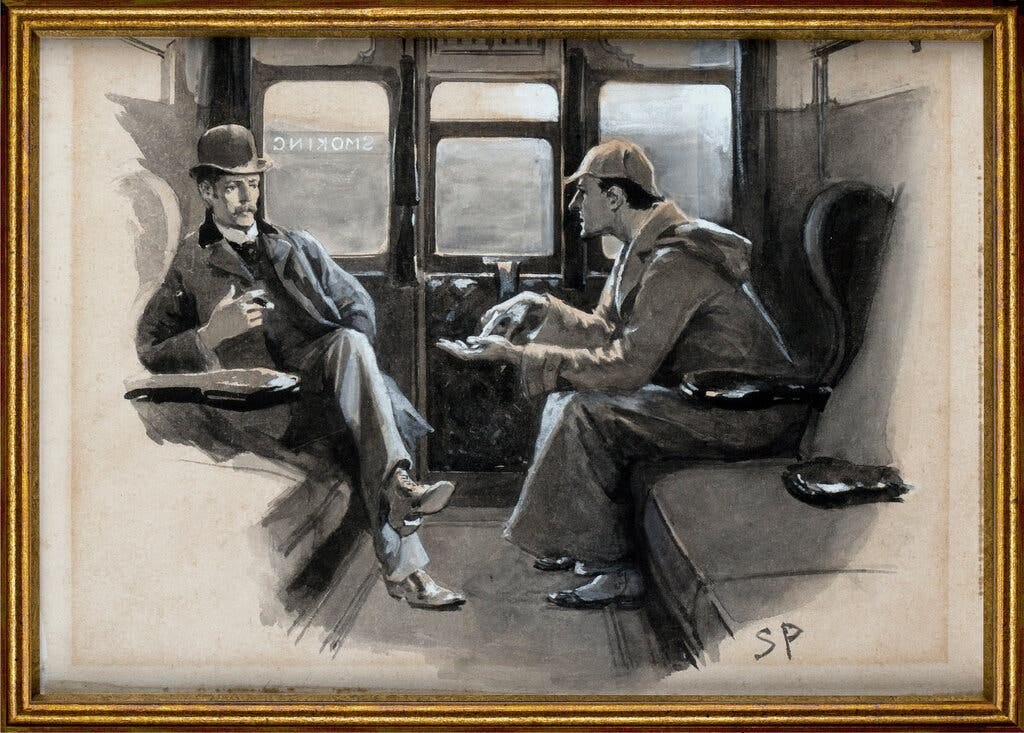All’s Well That Ends Well
We all like certainty

“All’s well that ends well, still the fine’s the crown;
Whate’er the course, the end is the renown.” — William Shakespeare, 1603 (All’s Well That Ends Well)

“All’s well that ends well, still the fine’s the crown;
Whate’er the course, the end is the renown.” — William Shakespeare, 1603 (All’s Well That Ends Well)